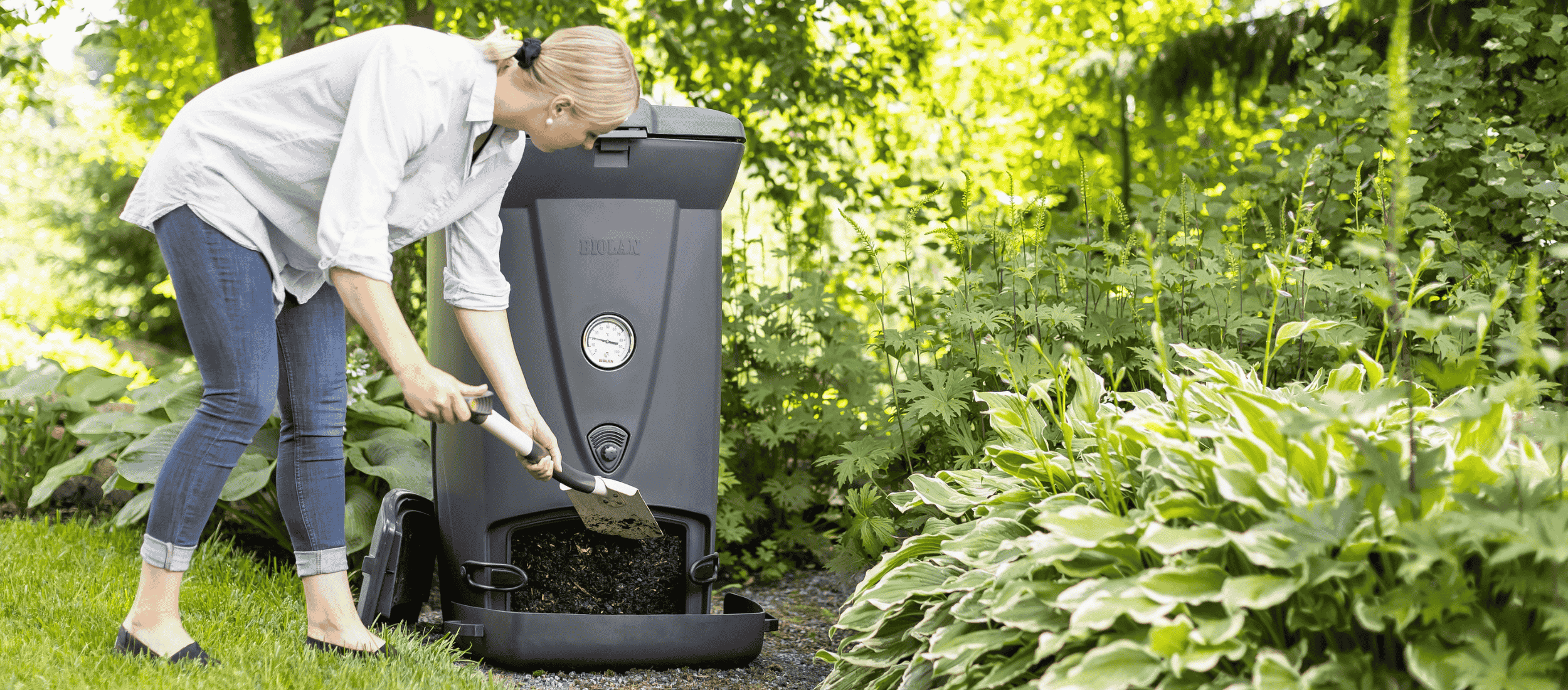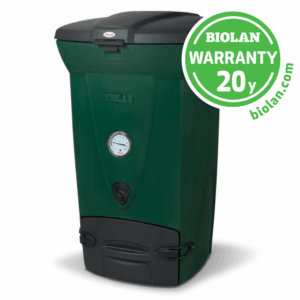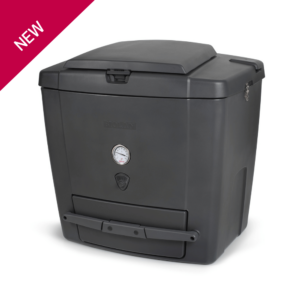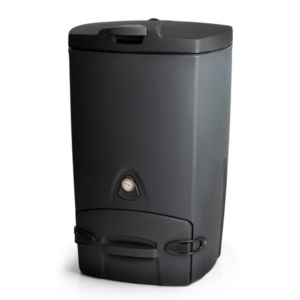HOW LONG DOES COMPOSTING TAKE?

Timelines and Tips for Faster Composting Results
Ever wondered why your compost is taking so long to be ready to use? You’re not alone. Many beginners — and even those with experience in composting — are surprised at how much the timeline can vary. Sometimes, it happens quickly; other times, it takes a lot longer than expected.
In this post, we’ll break down how long composting takes, what influences the speed of the composting process, and how you can speed it up.
How Long Does It Take to Make Compost?
Composting can take from 6 weeks to 2 years — depending on your method, materials, and how actively you manage your compost pile or bin.
If you’re using a thermal composter, your compost can mature in as little as 6–8 weeks. A passive backyard pile without much turning or balancing might take up to 24 months.
What Affects Composting Time?
Here are the five key factors that affect how long composting takes:
- Type of Composter
- Enclosed, insulated composters (like Biolan Thermo Composter 220 Eco, Biolan Thermo Biowaste Composter or Biolan Thermo Composter 500) retain heat and moisture, speeding up the decomposition process.
- Open piles or bins compost slower and are more affected by outside temperature.
- Materials You Use
- Soft “green” materials like fruit peels and vegetable scraps break down fast.
- Woody or dry “brown” materials like branches or eggshells decompose more slowly.
Tip: Chop or shred materials before adding them to the compost to help them break down faster.
- Temperature
- Composting works fastest at 40–80°C. In cold weather, the process slows significantly.
- That’s why insulated composters can maintain activity even in winter.
- Moisture & Aeration
- Compost should feel like a wrung-out sponge — not too dry, not soaking.
- Turning or mixing your pile regularly helps oxygen reach microbes, which are key to breaking down waste.
- Balance of Green (Nitrogen-rich) and Brown (Carbon-rich)
- A proper carbon-to-nitrogen ratio (around 25–35:1) is crucial.
- To keep your compost healthy, add 1/3 to 1/2 as much bulking material as the amount of kitchen waste you put in.
- Bulking material (like bark, peat moss, or wood fibre) helps absorb moisture and adds carbon.
- If there’s too much wet waste, the compost may smell. Too much dry material, and it composts slowly.
Tips to Speed Up the Process
- Add new waste to the composter regularly
- Keep your pile moist and well-aerated
- Turn it every 1–2 weeks if possible
- Use a compost accelerator to kickstart microbial activity
- Use an insulated compost bin to retain heat
Want to Get Started?
Composting is one of the easiest ways to turn your kitchen and garden waste into valuable compost — but it does take a little patience. With the right setup and a bit of know-how, you can speed up the process and enjoy your own homemade compost in just a few weeks.
Check out our range of Biolan composters and Accessories — everything you need to make composting faster and easier.




























